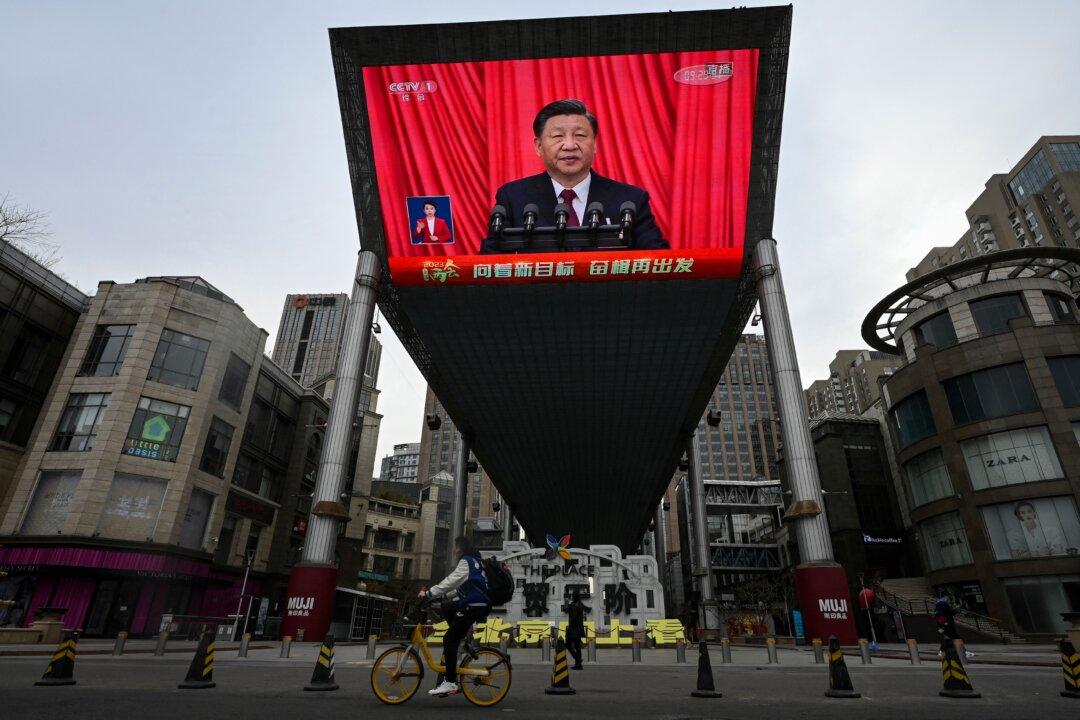Commentary
I finished writing “China Coup: The Great Leap to Freedom” in December 2019, except for a COVID-19 chapter that was added later. What major changes would I make if I were writing the book now?

I finished writing “China Coup: The Great Leap to Freedom” in December 2019, except for a COVID-19 chapter that was added later. What major changes would I make if I were writing the book now?